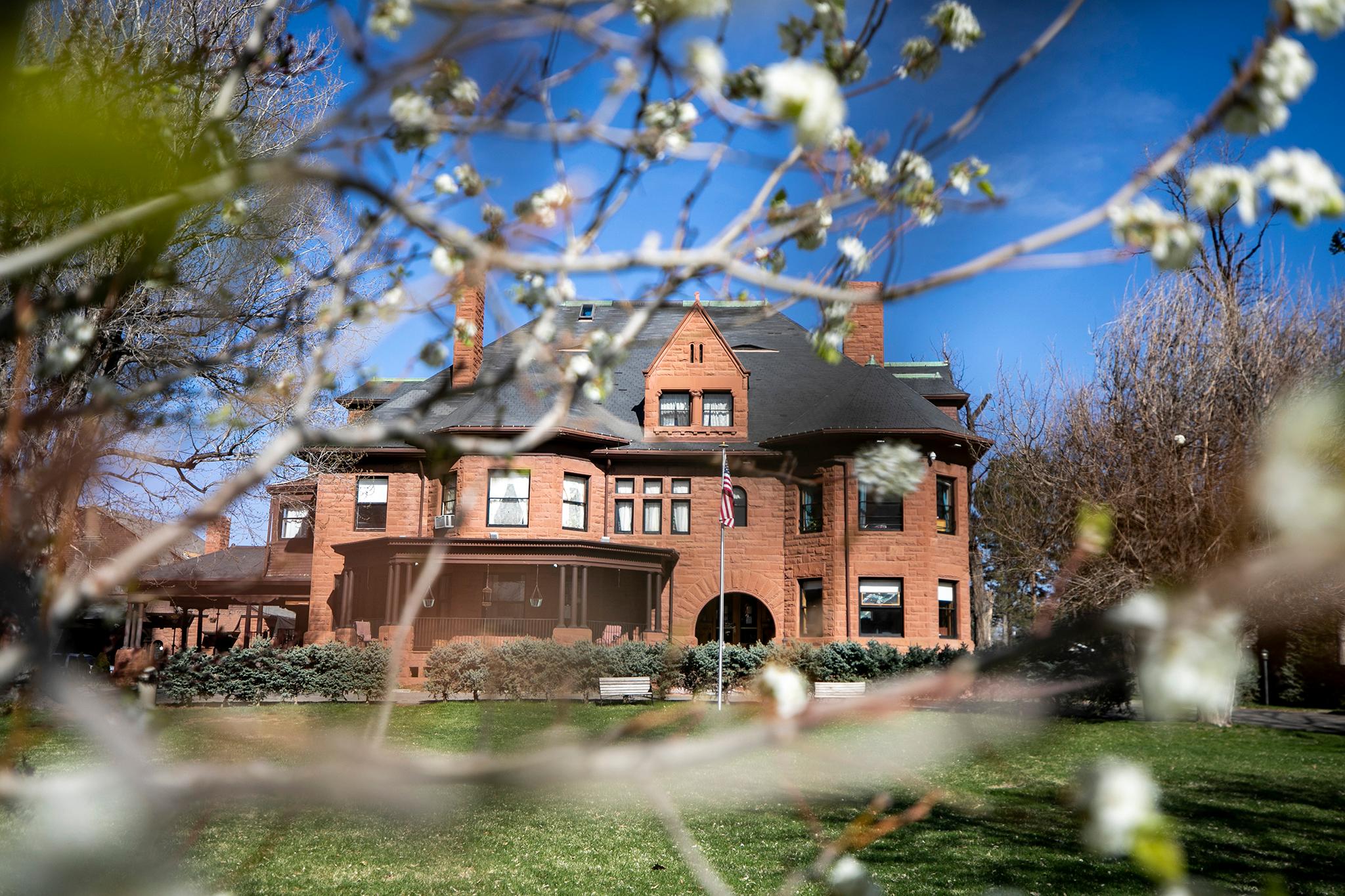What do you get when you mix Methodist ties, university relocations and strong female leaders? The University Park neighborhood.
Now, several properties associated with the historic elements of the neighborhood are part of a historic district.
On Monday, City Council approved the designation of the University Park Historic District, a discontiguous district -- that is, the properties aren't all in a row or together -- that tells the story of how University Park was created.
“University Park has a meaningful and interesting history mainly due to its proximity to DU but it’s also been subject to new development as older homes are being replaced with larger and more modern ones,” said Mike Cox, president of the University Park Community Council. “The proposed historic district will help ensure that the University Park story is intact…. This is not an attempt to block the evolution of the neighborhood but rather make sure that its roots are not forgotten.”
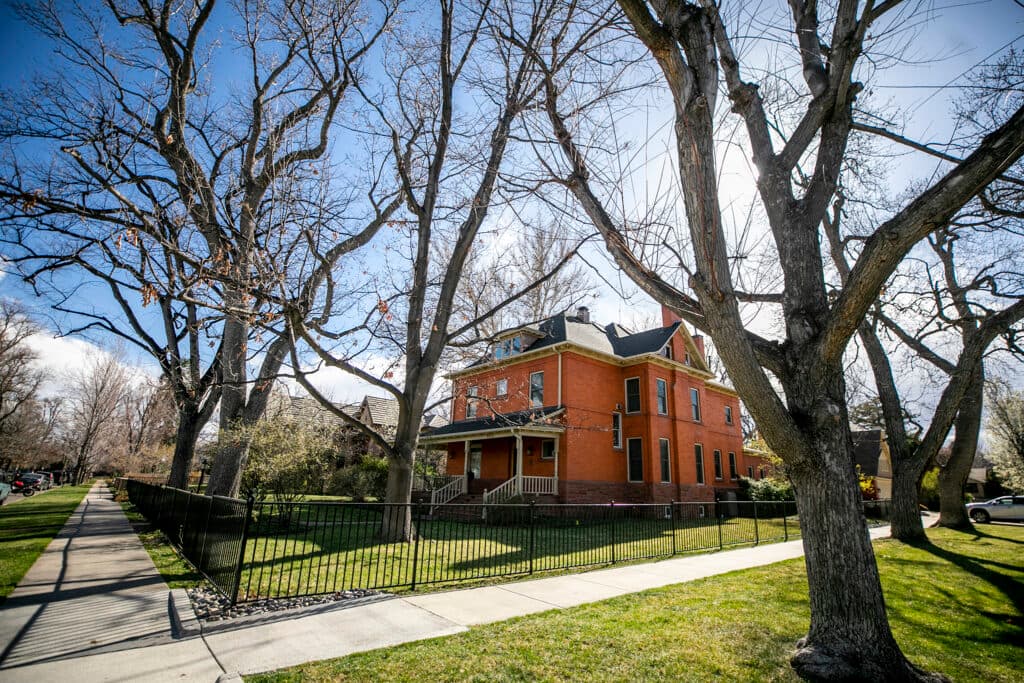
Because of the way development occurred, some of the historical properties in the area are separated. Instead of including parking lots or newer buildings, a discontiguous district encompasses the structures that matter.
Denver has one other discontiguous district -- Downtown Denver Historic District.
The University Park district is made up of about 19 properties that tell the neighborhood's history including Observatory Park, Fitzroy Place, the University Park United Methodist Church and the Buchtel Bungalow.
Community members began digging into the neighborhood’s history in about 2019, wondering how they could preserve the area.
Cox said neighbors were seeing old homes torn down for newer ones, putting preservation on neighbors brains.
Neighbors hired a consulting firm to learn more about the University Park’s creation and learned of the area's ties to progressive women, the Methodist church and architectural styles.
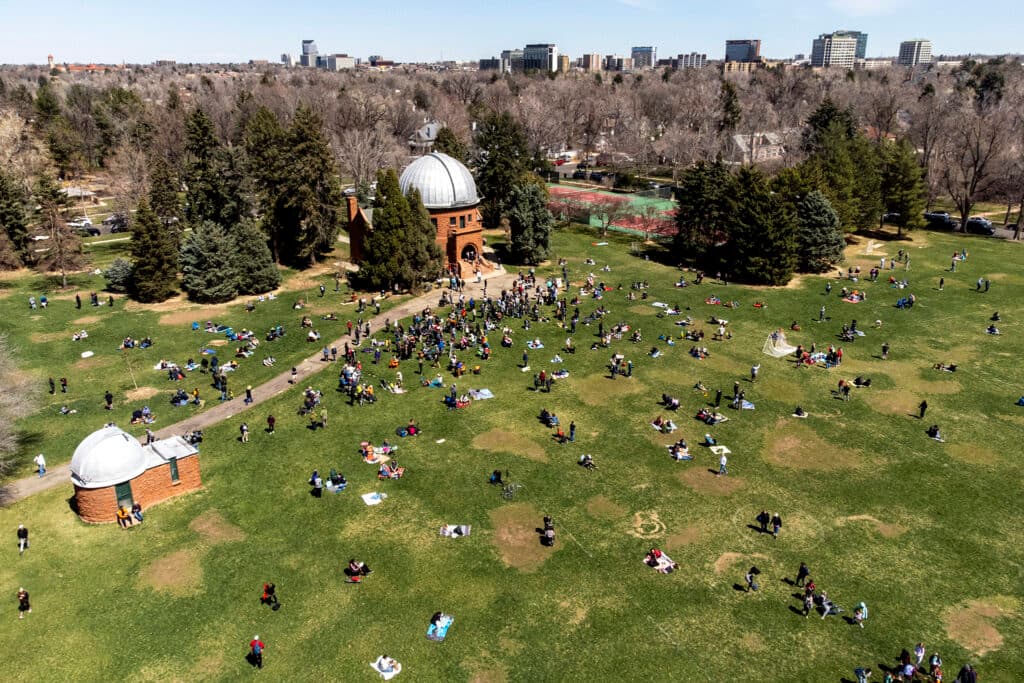
Kara Hahn, the city’s landmark planning and regulatory supervisor, said neighbors were surprised to learn how many progressive women were involved in the area's creation.
One such woman was Elizabeth Iliff Warren. Iliff Warren encouraged the University of Denver to move to the south plains from the downtown area and gave the university substantial donations to remain afloat. She built multiple properties in the area and was the first woman on DU’s Board of Trustees.
Iliff Warren was also heavily tied to the Methodist church, whose leaders moved to the area to essentially get away from Downtown. Iliff Warren’s second husband, Henry Warren, was a Methodist minister.
During Monday's council hearing, Councilmember Kevin Flynn wondered why the district was so spread out and how the chosen properties could tell the story of the neighborhood.
Hahn said many properties within the area didn't meet the criteria of landmark designation because of the integrity of the properties. They were altered too much to still be historically relevant.
She added that about 40 properties declined to be in the district.
However, the properties currently in the district were all willing participants, except for the owners of the Buchtel Bungalow, DU itself.
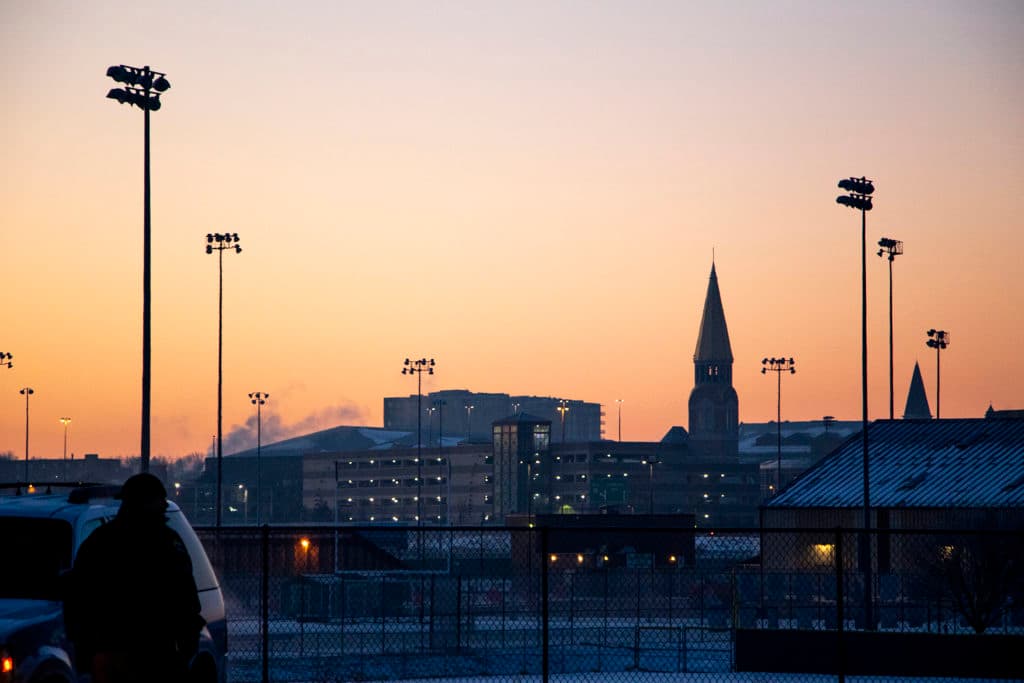
Henry Buchtel was influential in keeping DU afloat, becoming DU Chancellor and later Governor of Colorado. He built the bungalow in the early 1900s and it is currently owned by DU.
The University said the historic designation may make the property difficult to sell in the future, considering that any changes to the exterior would need to be run by the landmark preservation team. The University sent a letter of opposition to the city but didn’t speak during Monday’s council hearing.
Councilmember Paul Kashmann, who sponsored the designation, said the bungalow isn’t part of the campus and is “the most historic residence in that neighborhood.” The request to include the bungalow in the district was small, Kashmann said.
He added that usually when there is landmark opposition, the opposer is more vocal. DU not speaking during the public hearing “spoke volumes” to the councilmember.
“I think (DU) missed an opportunity to make a great neighborhood statement,” Kashmann said. “That said, I think the university over the years has made many neighborhood statements so I’m glad to forgive them this one.”
Hahn said other residences can be added to the district if they chose to in the future.
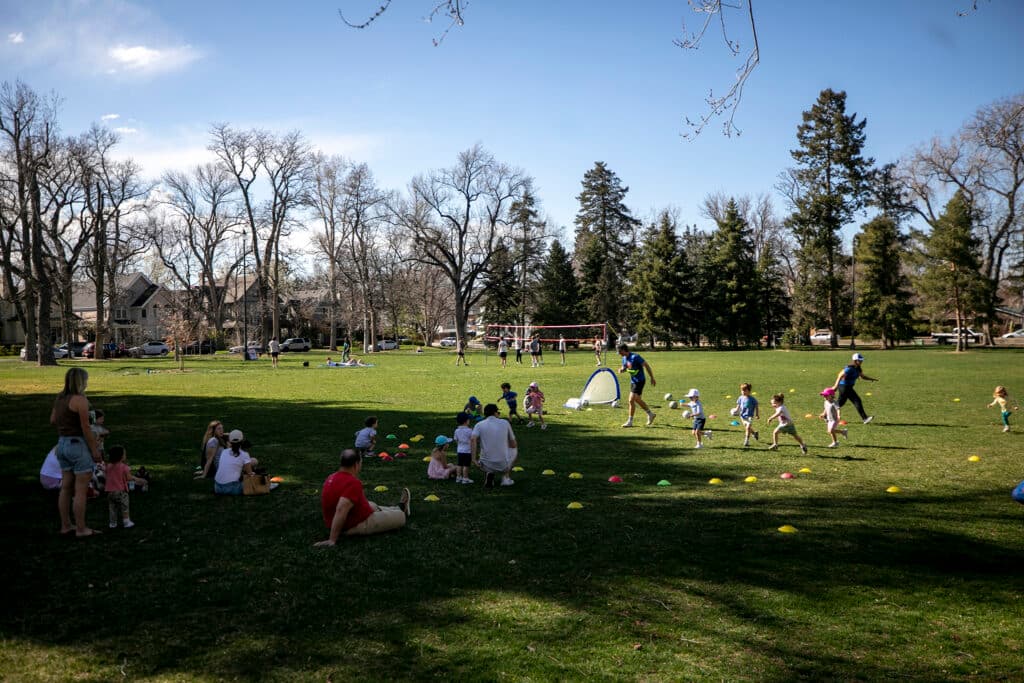
She also said that the designation doesn’t change anything about the neighborhood nor, in most cases, does it increase people’s property taxes.
It’s just a form of preservation of a history most may not be aware of but can now be privy to.
“I’ve watched the community evolve and while it's a stunning place to live right now, as has been said, they’ve lost tons of beautiful historic homes over the years,” Kashmann said. “I think this approach of a discontiguous district is a brilliant way to preserve history while also maintaining the community's ability to evolve and honor other time periods down the road… I do firmly believe in the importance of honoring our past and these 19 properties will tell the story of a particular time and place.”

